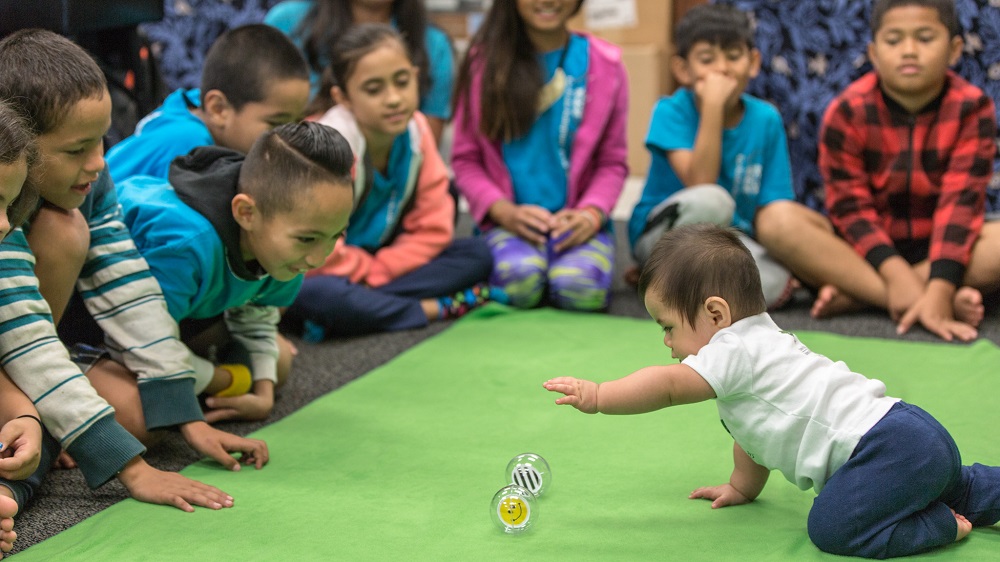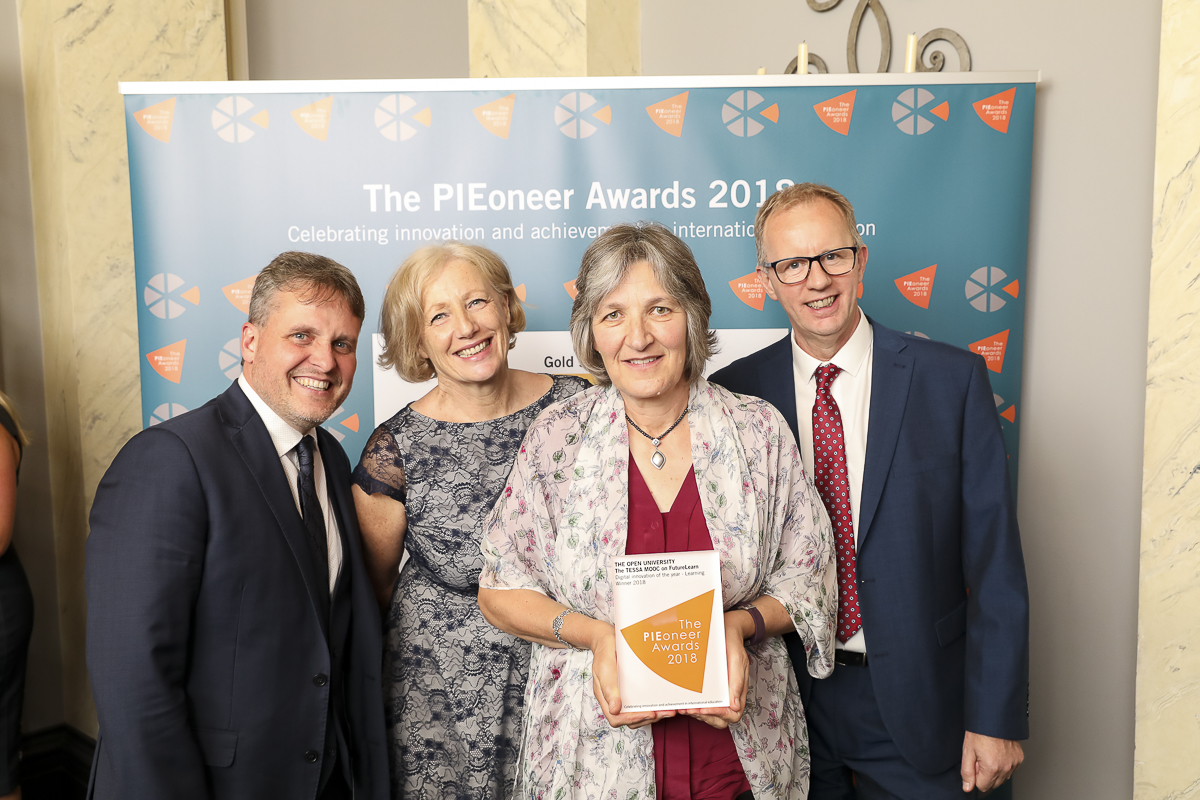OU News
News from The Open University
- Home
- Category: Education
Category: Education

Meet the Expert: Martin Weller
Last month, Martin Weller, Professor of Educational Technology at The Open University delivered his inaugural lecture to an audience of over 200. As part of the OU’s 50th anniversary celebrations, Martin examined the meaning of the term ‘open’ and considered what an ‘Open University’ would look like if we were to invent it now. Martin has […]

Teens sleep debate is a health issue, says OU academic
As MPs debate whether the school day should start later, The OU’s Dr Paul Kelley said there are biological reasons why teenagers do stay up late and lie in longer. A petition of more than 179,000 signatures online has sparked the debate on Monday February 11 in Parliament, focused on schools in England, to consider […]
Read more about Teens sleep debate is a health issue, says OU academic

Play, wonder and empathy – the next big educational trends identified
The future of education isn’t all about pushing technology into classrooms, says the latest report into teaching trends from The Open University. The Innovating Pedagogy Report 2019 identifies strong moves towards more creative, informal teaching methods – such as teaching through wonder, playful learning and even building empathy by bringing a baby in to the […]
Read more about Play, wonder and empathy – the next big educational trends identified

OU predicts increase in lifelong learning in Middle East and North Africa
An OU report has identified a significant increase in online learning in the Middle East and North Africa (MENA) over the next 10 years. Agnes Kukulska-Hulme, Professor of Learning Technology and Communication, and Giles Mohan, Professor of International Development, directed a research project to better understand the potential of and hindrances to, online learning in […]
Read more about OU predicts increase in lifelong learning in Middle East and North Africa

BBC series School: your questions answered
Why can teachers no longer just be teachers? What are the human impacts of budget cuts on today’s school children? Is pastoral care an important part of a student journey or a symptom of the snowflake era? These are all issues uncovered following the first episode of School last week – questions then put to academic […]

Three things today’s teachers need to consider for tomorrow’s students
It’s argued in increasing measure that teachers have low job satisfaction; but one antidote to this could be asking educators to re-imagine their role and think about their own vision for education in the future. Today’s teachers face many challenges inside and outside the classroom, but there are also larger global changes approaching which those […]
Read more about Three things today’s teachers need to consider for tomorrow’s students

Free OU course for teacher educators in Africa wins international award for digital innovation
A free four-week online course designed by Open University education academics and presented on FutureLearn, has won a ‘Digital Innovation of the Year’ award at the prestigious PIEoneer Awards 2018. The MOOC (Massive, Online, Open Course), Making Teacher Education Relevant for 21st Century Africa, was selected as the winner by the judges in the Digital […]

“Schools must harness cutting edge technology to engage and inspire the next generation”
An article by Professor of Learning Technologies and Social Computing at The Open University (OU), Shailey Minocha. Mobile technologies and apps have become integral to our lives and have potential to play a role in education. Without embracing these technologies in learning and teaching, we will be doing the next generation and future workforce a […]

Back to the future: revisiting our education predictions
In 2009, in celebration of the Open University’s 40th Anniversary, we spoke to academics across the University to predict what the future would look like in their areas of study. Now, as we approach the OU’s 50th Anniversary, we asked the same academics to revisit their predictions, reflect on their accuracy, and reset them for the […]
Read more about Back to the future: revisiting our education predictions

John Domingue – The Future of Education
Professor John Domingue, Director of the OU’s Knowledge Media Institute, discusses developments in technology which he sees impacting on education in the long and short term as part of our ‘future of education’ campaign. He also talks about what the OU is doing in terms of its research into new technology, as well as some exciting […]
Page 7 of 10